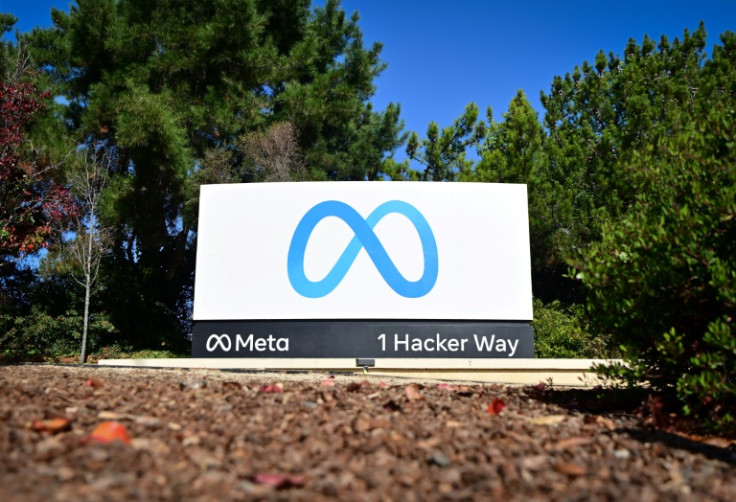Meta starts blocking news in Canada
Meta on Tuesday started blocking Canadians' access to news on Facebook and Instagram in response to a new law requiring digital giants to pay publishers for such content.

Meta on Tuesday started blocking Canadians' access to news on Facebook and Instagram in response to a new law requiring digital giants to pay publishers for such content.
Google, another critic of the Online News Act, has said it is considering a similar move, among an ongoing global debate as more governments try to make tech firms pay for news content.
"News links and content posted by news publishers and broadcasters in Canada will no longer be viewable by people in Canada," Meta said in a statement.
News posted on foreign sites will also not be viewable by Canadian Facebook and Instagram users, and they will no longer be able to share articles on the two platforms.
Meta noted that the changes starting Tuesday would be implemented "over the course of the next few weeks."
An AFP reporter was still able to see news on Facebook Tuesday, but some users reported already getting messages saying such content was being blocked.
The Online News Act builds on similar legislation introduced in Australia and aims to support a struggling Canadian news sector that has seen a flight of advertising dollars and hundreds of publications closed in the last decade.
It requires digital giants to make fair commercial deals with Canadian outlets for the news and information that is shared on their platforms, or face binding arbitration.
An October 2022 report by Canada's parliamentary budget watchdog estimated the legislation could see Canadian newspapers receive about Can$330 million (US$250 million) per year from digital platforms.
Meta said the bill is flawed and based on the "incorrect premise that Meta benefits unfairly from news content shared on our platforms, when the reverse is true."
Rather, it said, news outlets share content on Facebook and Instagram to attract readers, which helps their own bottom line.
"The people using our platforms don't come to us for news," it added.
Heritage Minister Pascale St-Onge called the move to block news "irresponsible," noting that 80 percent of all online advertising revenues in Canada goes to Meta and Google.
"A free and independent press is fundamental to our democracy," she said, adding that other countries are considering introducing similar legislation "to tackle the same challenges."
Canada's public broadcaster slammed Meta's move as "irresponsible and an abuse of their market power."
The Canadian Broadcasting Company (CBC) said it was "calling on Meta to act responsibly by restoring Canadians' access to news."
But some Canadian media have taken a more complex view.
Last month an editorial in the leading Globe and Mail newspaper suggested the bill "distorts the marketplace by protecting certain companies from reality."
Instead it called for tax credits for readers who subscribe to online news services, arguing that such a move would both "push newsrooms to innovate" and put the decision about who gets financial support into readers' hands.
Australia's New Media Bargaining Code was a world first when it was rolled out in 2021 to make Google and Meta pay for news content on their platforms.
It saw significant pushback initially from both companies as they feared it would threaten their business models, but with amendments it was easily passed by lawmakers.
© Copyright AFP 2025. All rights reserved.





















